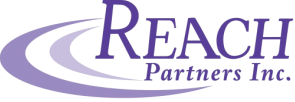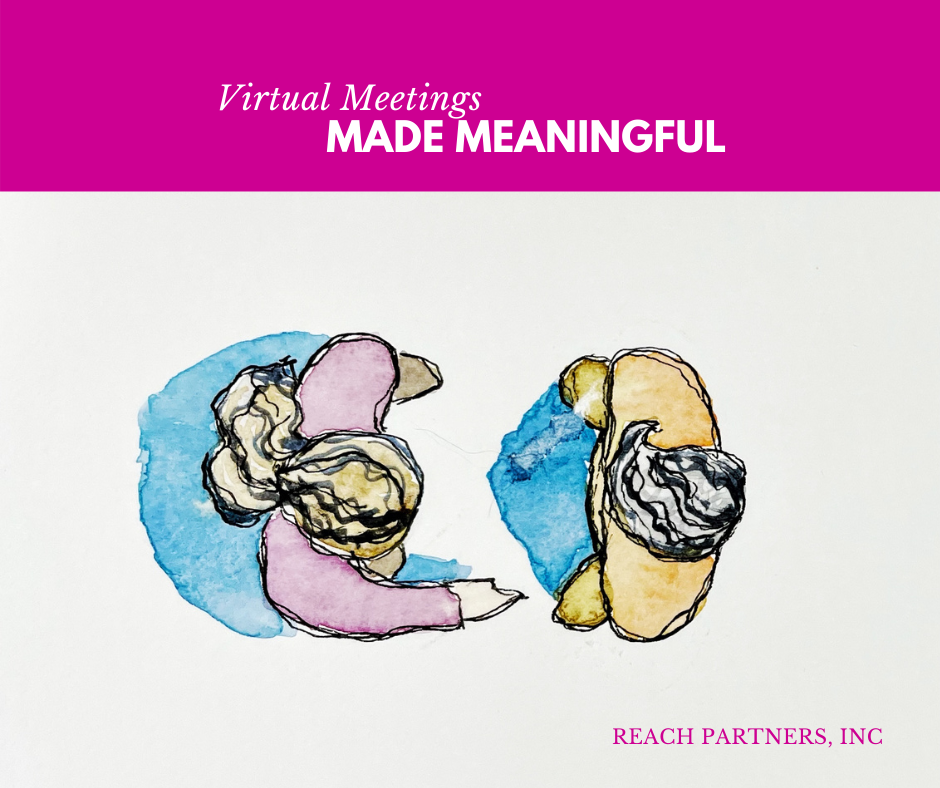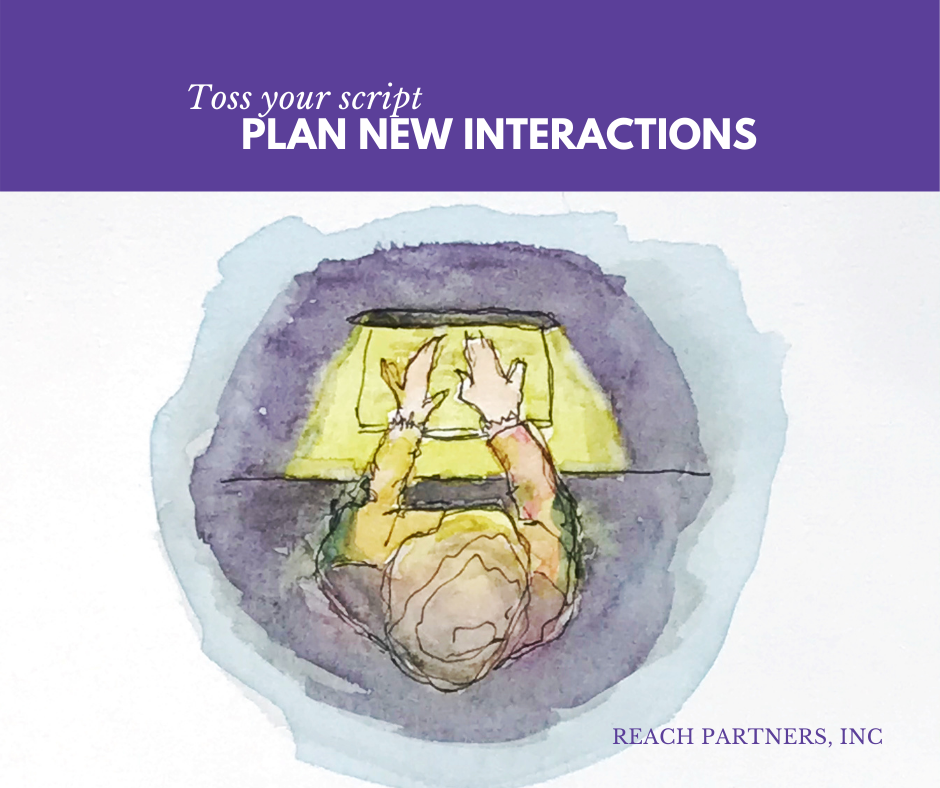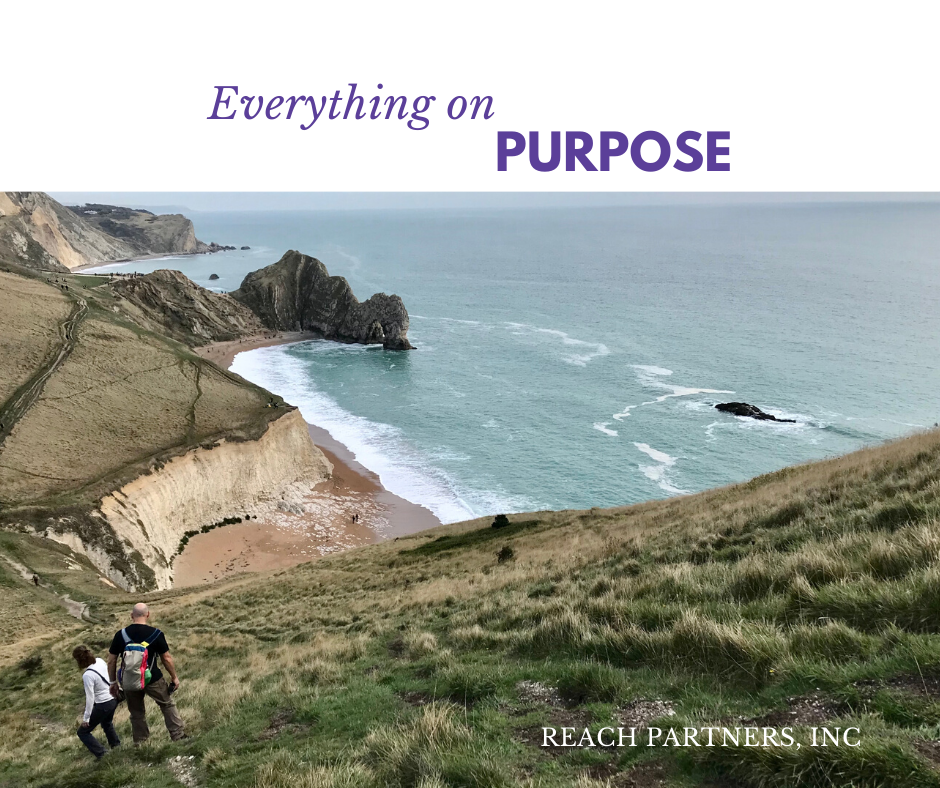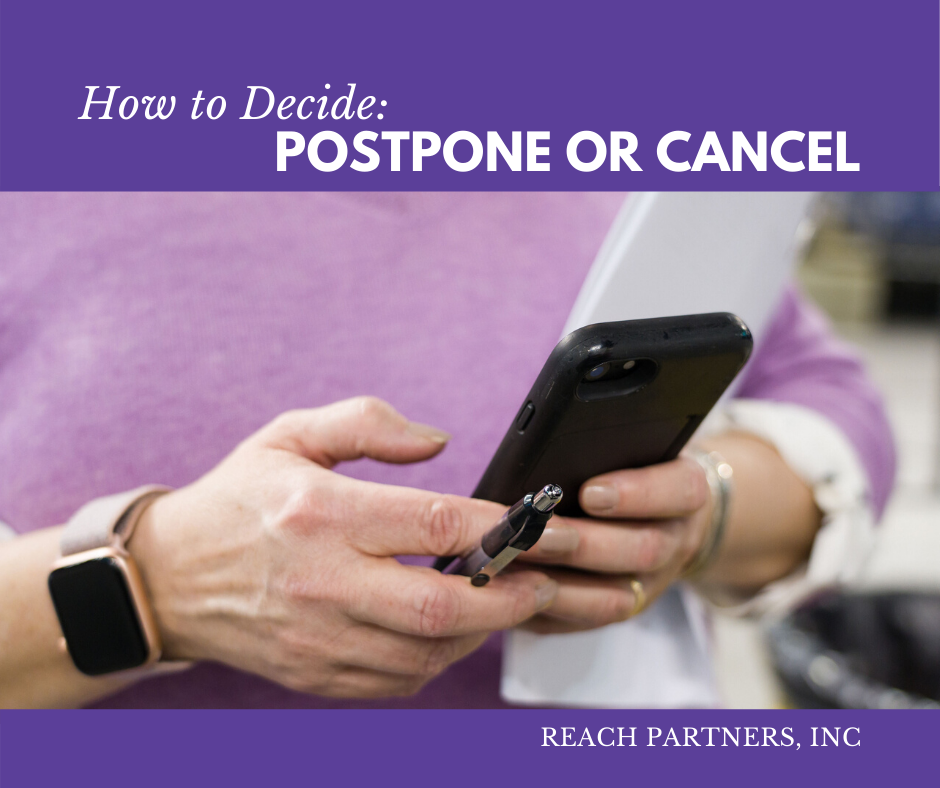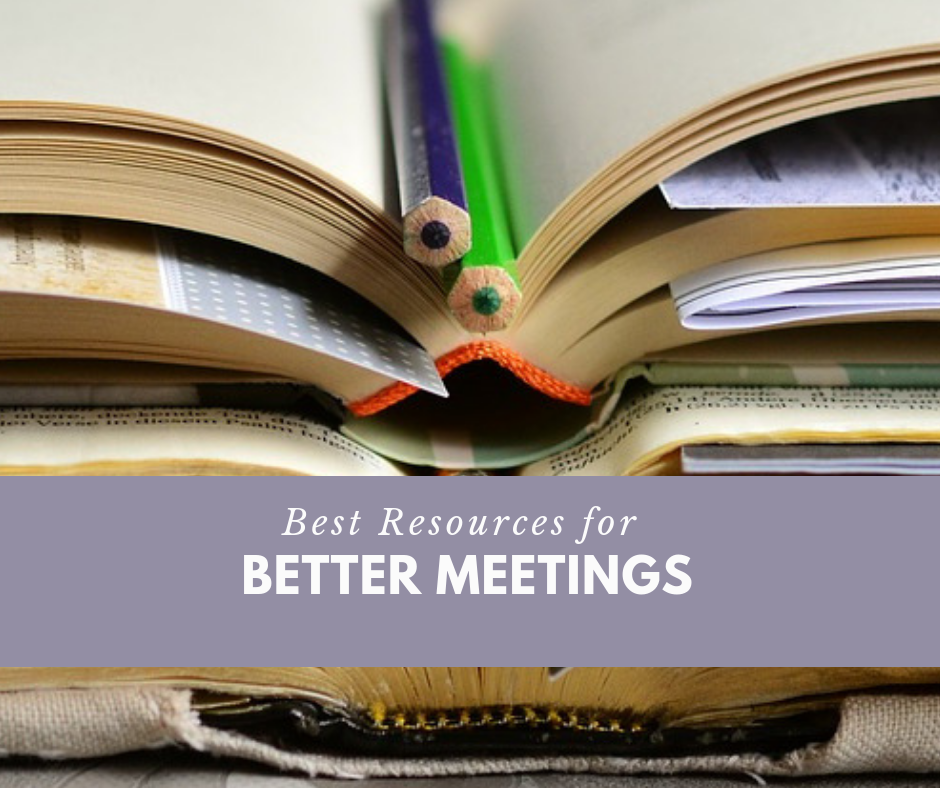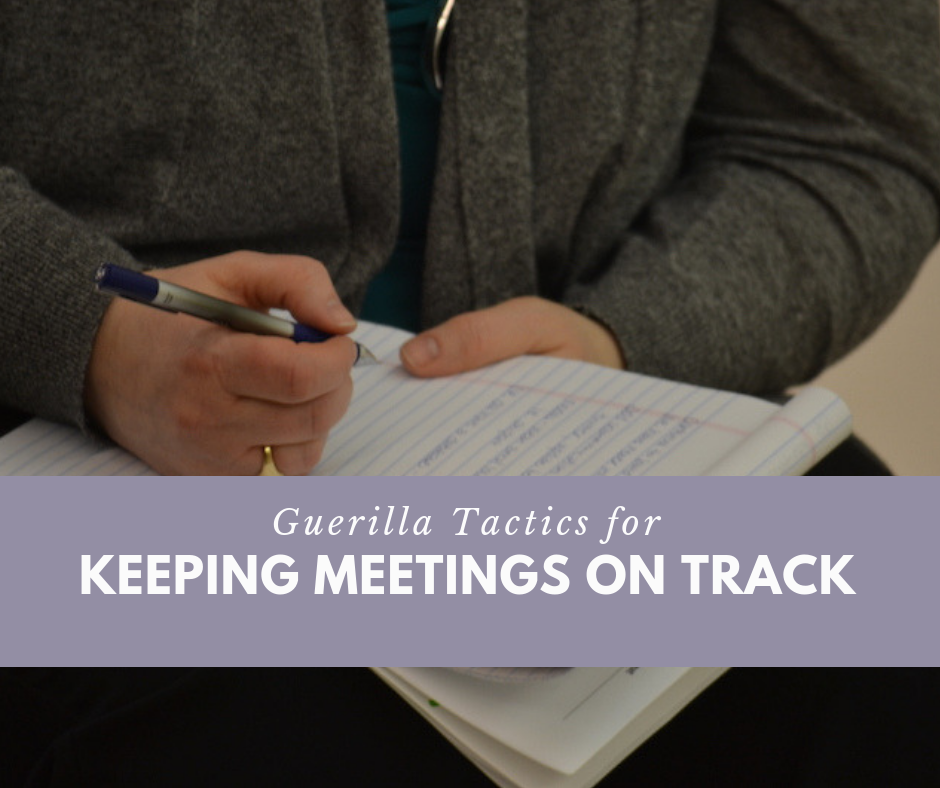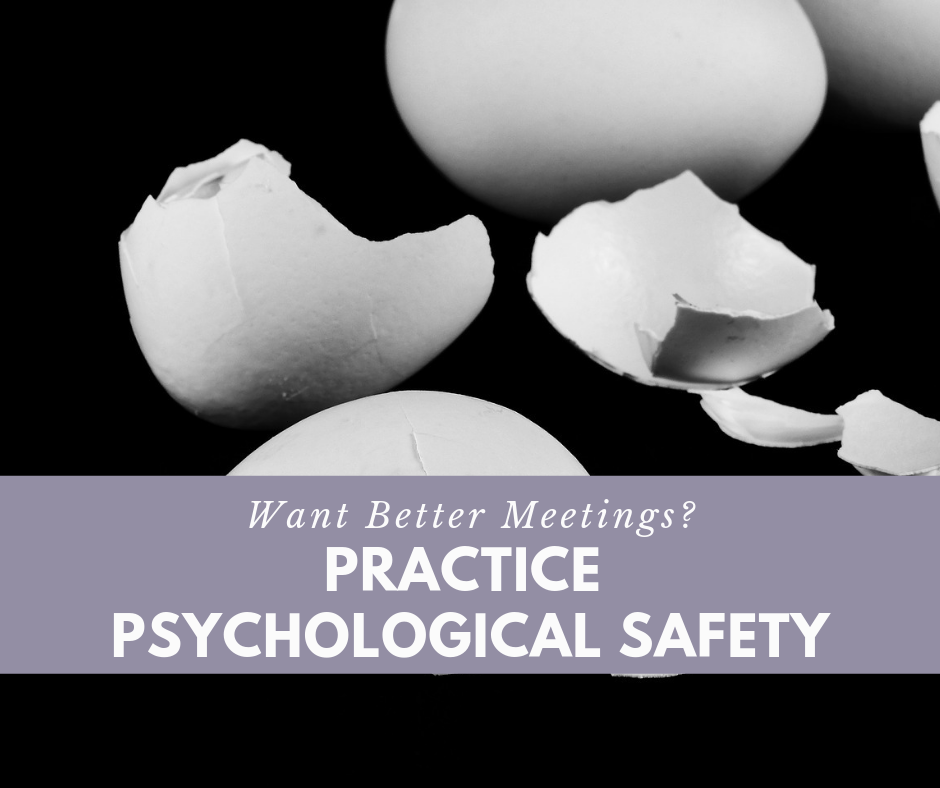|
The pandemic has taught us, over and over, that virtual meetings and gatherings can actually be productive, rich with human connection. We’ve also learned that meaningful virtual connections are not certain. Rather it takes intention for it to be possible.
If you’ve followed us for any length of time, you know our mantra: Intention starts with purpose. (I know. We say it all the time, (specifically here and here), but it’s true. Really.) Do you want a meaningful virtual meeting? Start with these tips:
2 Comments
We at Reach Partners are big Priya Parker fans. We devoured her book “The Art of Gathering” and even attended an event curated by her.
So when Parker penned an opinion column that ran in The New York Time before Thanksgiving, we paid attention. Titled “Abandon Your Thanksgiving Script,” the column addressed the need to think differently about holiday traditions during a year when nothing has been normal. Parker challenged her readers to think imaginatively: “That begins with shifting our attitudes from fighting the current constraints to taking inspiration from them.” As someone who studies and designs gatherings, she most often sees two responses to constraints on gathering: cancellation and rebellion. She encourages a third option: improv. We’ve seen this play out in our own work and experiences over the last year. Whenever we plan an event, an in-depth meeting, a social gathering, or virtual experience Reach Partners will always argue for the same thing. Every time.
This thing is the most important detail for every planned interaction. It is the life blood of our work and what drives us to do better every day. Most importantly it’s the power, the energy that fuels the work at hand. How do you tap into this energy? How do you make it work for you? Draw the right audience? Craft the right marketing activities? Align stakeholders? Create value? You start by defining purpose. Project managers are good at risk management.
One of the things we do is identify what we can’t control and then find solutions or actions to mitigate these things. Typically, this means we’re thinking through things like potentially bad weather affecting an outdoor event or how to contain a protester at a women’s event. These types of risk management plans are appropriate, necessary, and responsible. And then along came the coronavirus pandemic. We’re not going to lie – this challenges even those of us who spend a lot of time identifying and planning for risks. From the exquisite gala to the unglamorous gathering, we spend a lot of time at Reach Partners researching and thinking about the unsung aspects of events.
One question we ask every single time we design an event is essential. Why will (or should) a person attend the event? Time is a rare and limited resource. If we want someone to spend precious minutes at our gathering or get-together, we better understand and communicate why they should do so. At Reach, we always stress that purpose is the driver for any event. When that purpose is well defined, creatively and accurately articulated, it informs the language we use for everything else. It becomes part of the call to action – what we want our attendees to do. Let’s face it: we spend a lot of time in meetings.
On average, employees attend 62 hours of meetings in a month, according to Forbes magazine. Related research from Bain & Company found that executives spent up to 15% of an organization’s collective time in meetings, a percentage that has been increasing in the last decade. Sure, we could schedule fewer meetings but we could also make better use of the time we have together. Earlier this year, I shared some tips with our our local chamber about how to make meetings more efficient, more productive, more fun. To prepare for the presentation, I analyzed observations and inhaled information from respected speakers and authors exploring similar topics. Below are some of the resources I found most helpful plus links to other Reach Partners posts related to #BetterMeetings. Whether you have 15 minutes or five days, you’ll find these resources engaging. Enjoy! –Rachel "Writing is easy: All you do is sit staring at a blank sheet of paper until drops of blood form on your forehead.” – Gene Fowler
Okay, the quotation above contains a bit of hyperbole, but let’s face it: writing can be harder than you expect. Whether you’re drafting a document or creating content for your website, finding the right words and tone can cause the even the bravest to break into a sweat. And then, we complicate things by bringing in the team. Every meeting has the potential to veer into a tangent, to carry its attendees into a deep forest so far from the original path that it’s nearly impossible to find the route home.
It’s easy to blame this on others – those who arrange the agenda, those whose comments lead us astray. But whether we like it or not, we are all accountable for keeping meetings effective. If you’re in charge, the steps you need to take are more obvious. If you’re not officially in charge, there are still things you can do to keep everyone on track. But wait, you say. I’m not the meeting leader. What can I do? A lot, it turns out. Have you ever stepped into a meeting and experienced that “walking on eggshells” feeling? Like you’ve missed the joke, and no one is going to share it with you? Have you been in a meeting where you were afraid to tell the truth, bring up the hard facts, or provide constructive feedback?
The fact is, good meetings are a symptom of great teams. 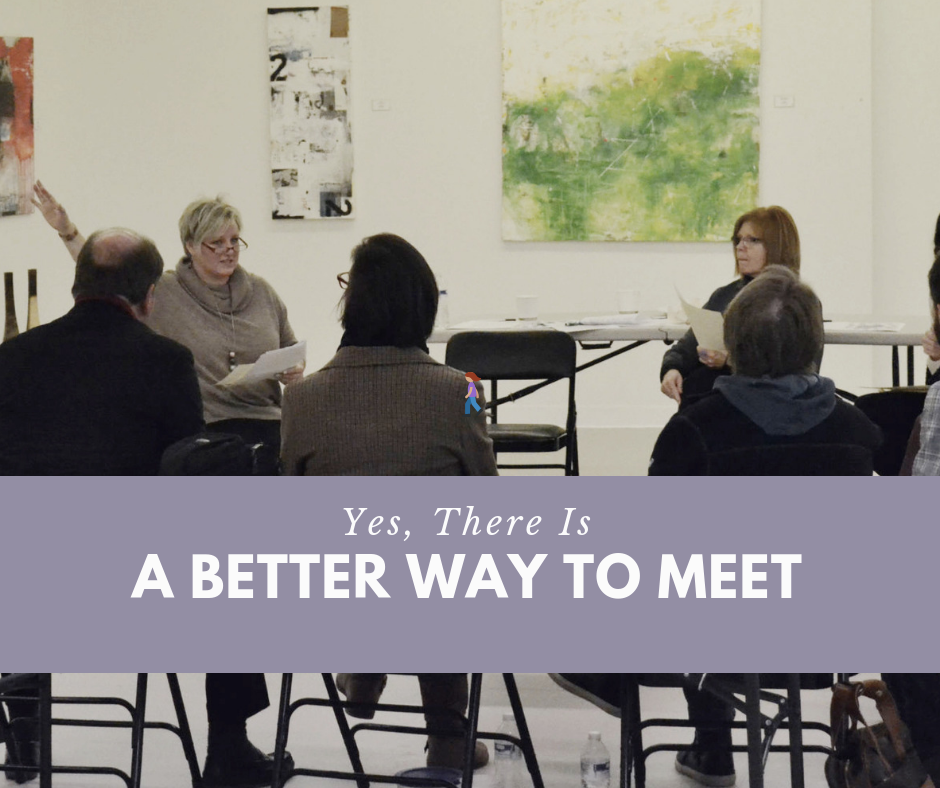 If it seems like you’re spending a good chunk of your work week in meetings, you’re not alone. Meetings have increased in both length and frequency over the past 50 years, according to an article published in the Harvard Business Review. One example: on average, executives spend nearly 23 hours a week in meetings, up from less than 10 hours in the 1960s. And yet, as we spend more of our work time in meetings, we don’t necessarily feel more connected or better prepared to do our work. The same Harvard Business Review article found that 54 percent of people surveyed by the authors said that meetings resulted in losses in productivity, collaboration and well-being. We’ve all been there. |
Reach PartnersYour partners in leadership. Categories
All
Archives
July 2024
|
|
|
Reach Partners, Inc
3330 Fiechtner Dr. Suite 100 Fargo, ND 58103-2321 701-271-8170 Copyright (C) 2024 Reach Partners Inc.
|
